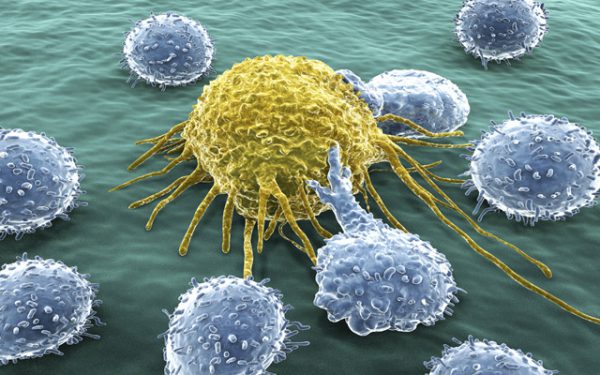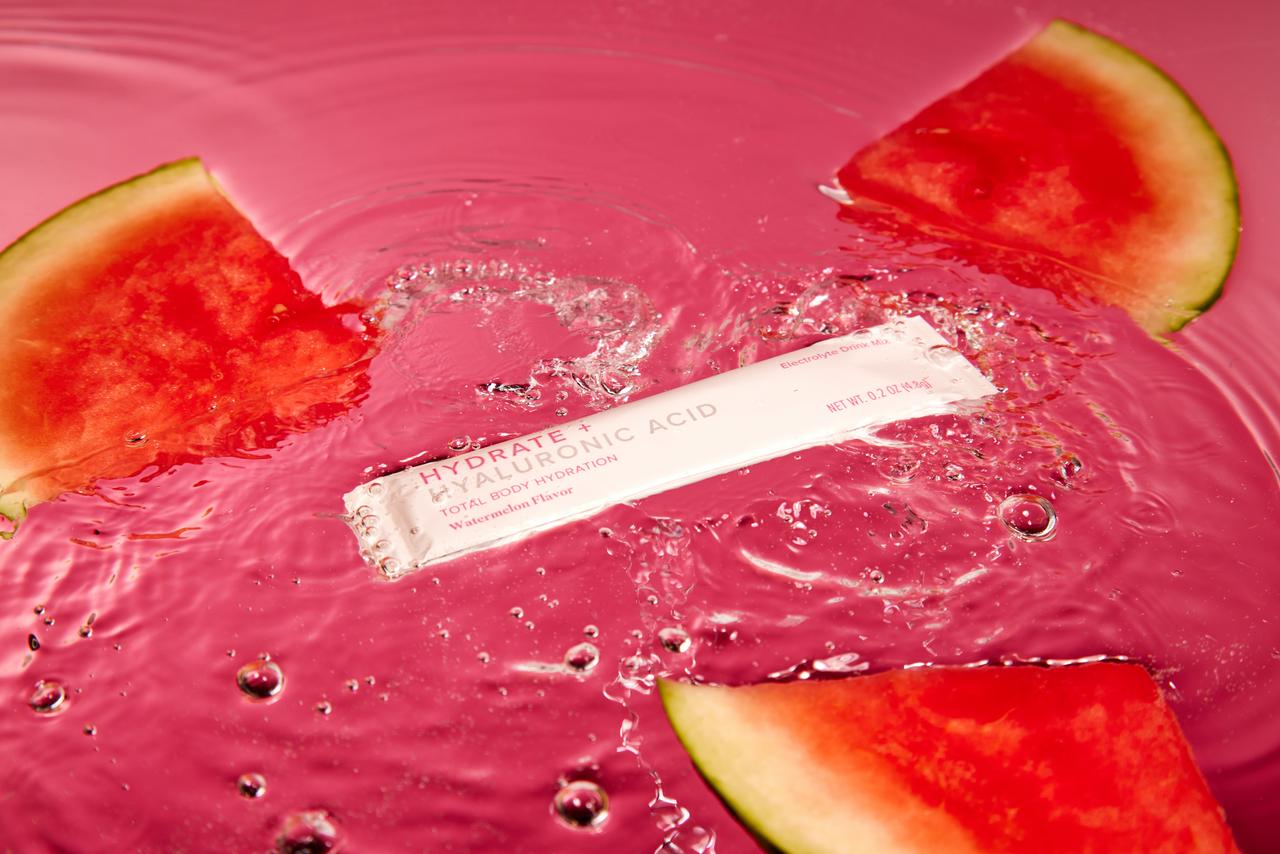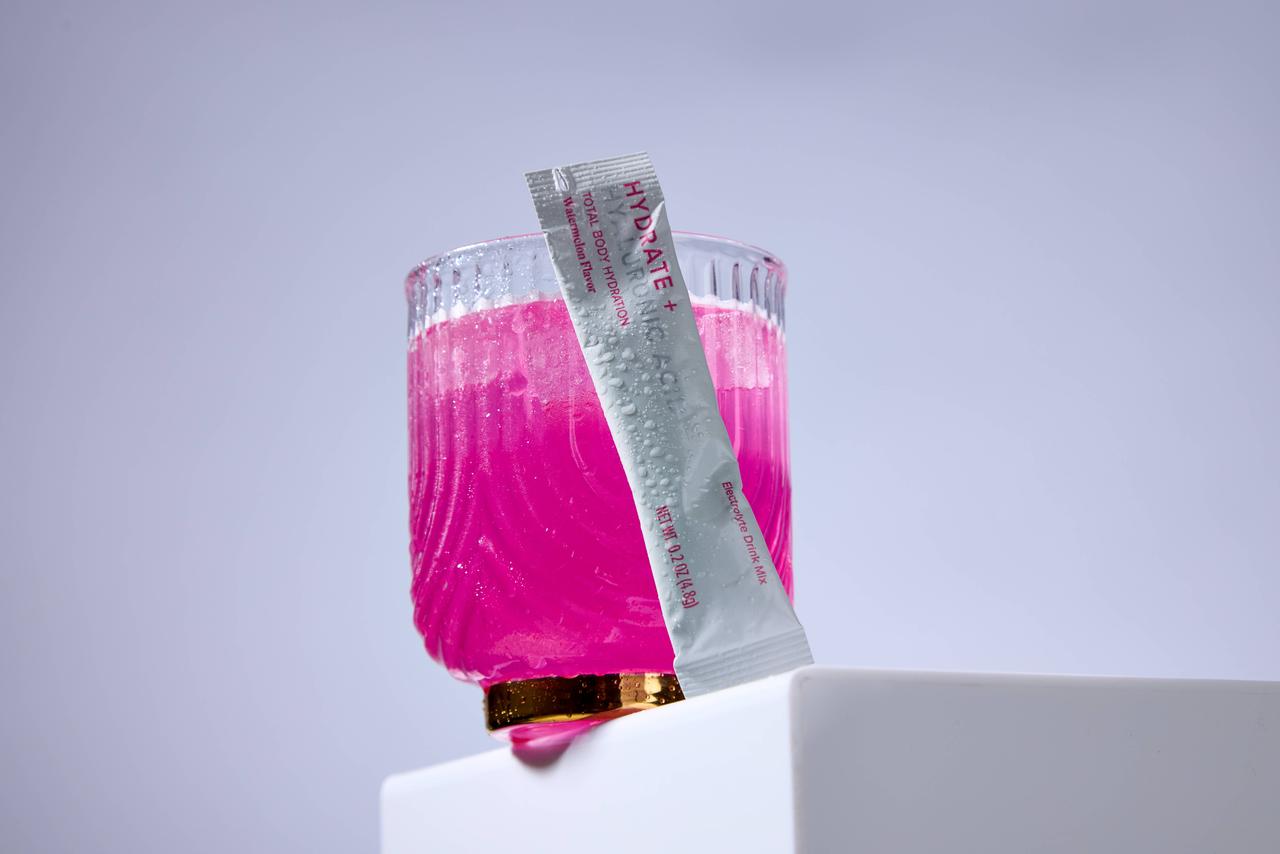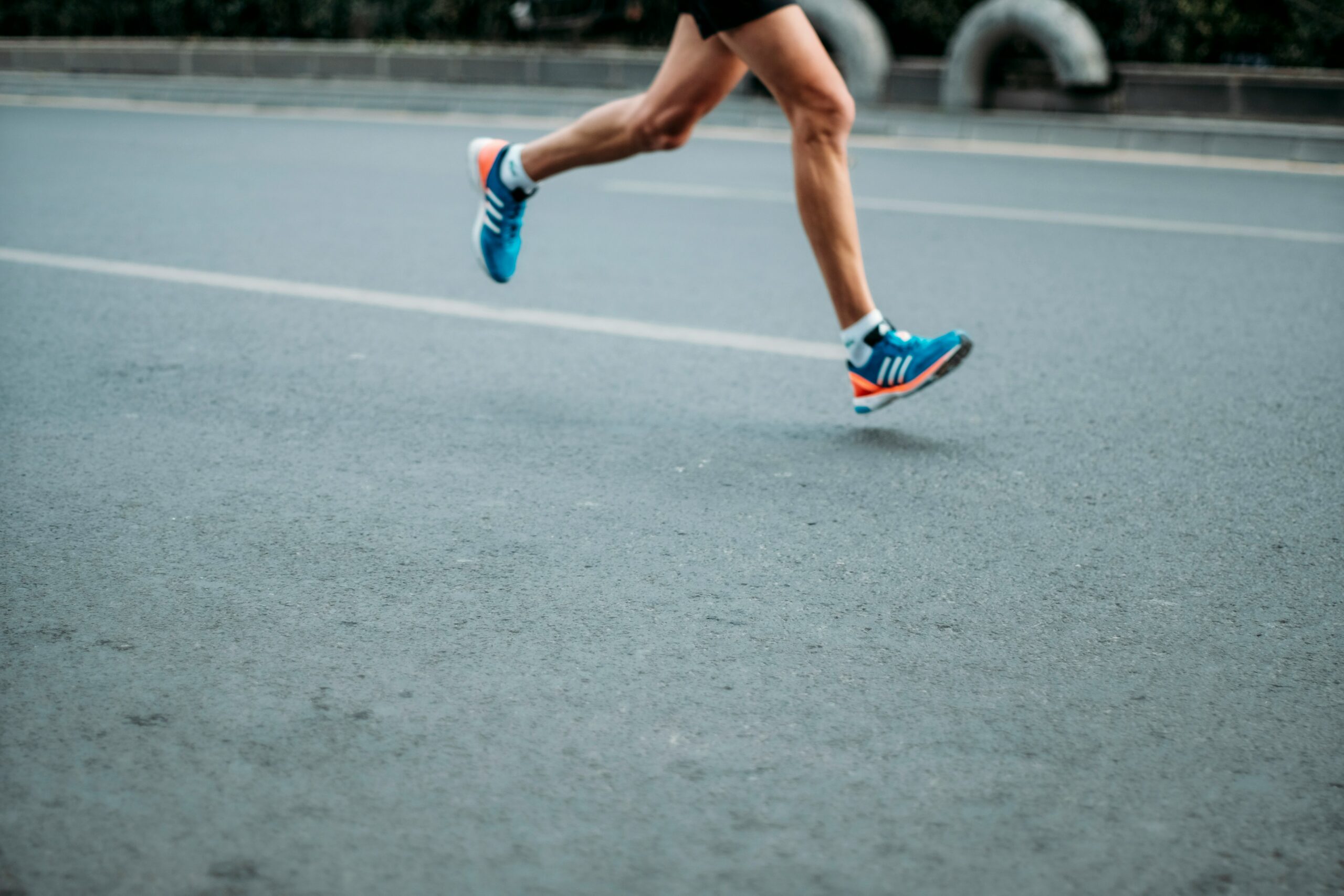Athletes need a well-functioning immune system
Over the years, thousands of sports supplements have been created and marketed to athletes, but more recently compounds found in plants called phytochemicals are showing great potential in exercise performance.
One of these, quercetin, has risen in prominence for its antioxidant and immune-supportive properties in athletes (1). Quercetin comes from the family of flavonoids, which provide many of the colours in fruits and vegetables where they serve as defenders against invading microbes, radiation from the sun, and other environmental dangers (2). Quercetin itself is found in a variety of foods including apples and green tea.
Scientists have long studied flavonoids for their possible health benefits. However, there is a growing realization that single types of flavonoids increase their benefit when mixed with other flavonoids and compounds. When taken together, they may build upon each other, improving absorption, bioavailability, and overall immunity in the body.
Often neglected but important to athletes is the capacity to protect from negative effects on the immune system due to hard training. Athletes who train hard are more prone to stress in muscle from free radicals and impaired immune function (3). Using nutrients and bioactives to aid immune function, or “immunonutrition,” is highly relevant to athletes who wish to avoid time off from training.
In fact, just one heavy training session can lead to physiological stress and significant changes in immunity and elevations in stress hormones (4;5). During this “open window” of impaired immunity, which can last between three and 72 hours, there’s an increased risk of illness and injury (6). Epidemiological and exercise immunology studies already support the viewpoint that heavy exercise workloads increase health risk through altered immune function (4).
A recent study investigated the effects of quercetin supplementation on exercise-induced changes in immune function using 40 trained male cyclists who were randomly placed into two groups: one taking quercetin and the other taking a placebo over a period of three weeks (7). The group that received quercetin significantly bolstered immune support during two weeks after intensified exercise.
Moreover, when quercetin supplementation is combined with other polyphenols and food components such as green tea extract and fish oil, athletes can achieve even greater benefits. Other studies have found that two weeks of quercetin supplementation combined with green tea extract and fish oil caused a sizable reduction in exercise-induced oxidative stress (5;6;8). The research suggests that a combination of healthy eating and supplementation with this quercetin-based cocktail functioned as a safe method for athletes to stay well.
Athletes should not solely rely on supplements to get all their dietary intake of phytochemicals and bioflavonoids. Proper intake of fruits and vegetables not only offers great nutritional variety, but also high levels of bioflavonoids. Look to kale, onions, sweet potato, blueberries, and apples to name a few with flavonoids like quercetin.
References
- Bischoff SC. Quercetin: potentials in the prevention and therapy of disease. Current Opinion in Clinical Nutrition & Metabolic Care 2008;11:733-40.
- Lila MA. From Beans to Berries and Beyond. Annals of the New York Academy of Sciences 2007;1114:372-80.
- Williams MH. Sports supplements: quercetin. ACSM’s Health & Fitness Journal 2011;15:17-20.
- Nieman DC. Is infection risk linked to exercise workload? Medicine and Science in Sports and Exercise 2000;32:S406-S411.
- Nieman DC, Henson DA, Maxwell KR et al. Effects of quercetin and EGCG on mitochondrial biogenesis and immunity. Med Sci Sports Exerc 2009;41:1467-75.
- Nieman DC, Henson DA, Maxwell KR et al. Effects of quercetin and EGCG on mitochondrial biogenesis and immunity. Med Sci Sports Exerc 2009;41:1467-75.
- Nieman DC, Henson DA, Gross SJ et al. Quercetin reduces illness but not immune perturbations after intensive exercise. Medicine and Science in Sports and Exercise 2007;39:1561.
- McAnulty SR, Nieman DC, McAnulty LS, Lynch WS, Jin F, Henson DA. Effect of mixed flavonoids, n-3 fatty acids, and vitamin C on oxidative stress and antioxidant capacity before and after intense cycling. International Journal of Sport Nutrition andExercise Metabolism 2011;21:328.





